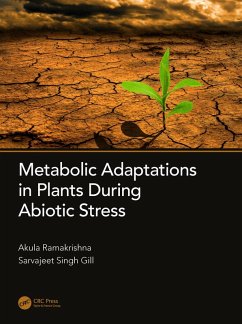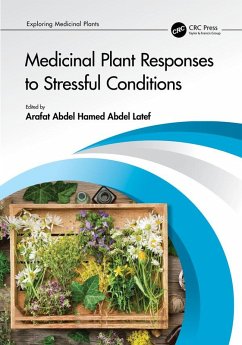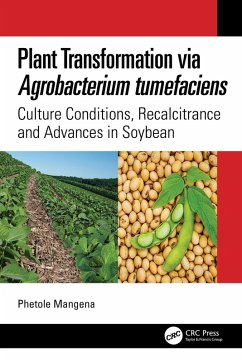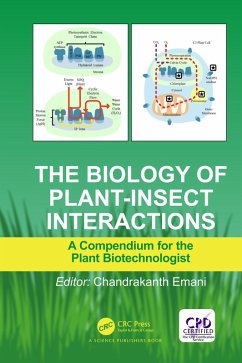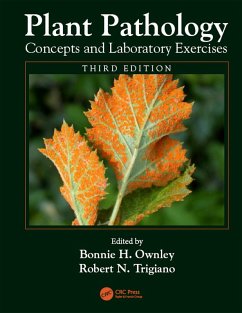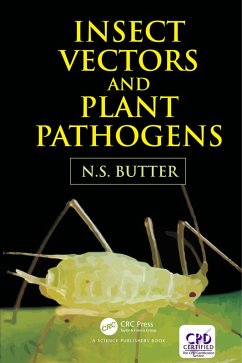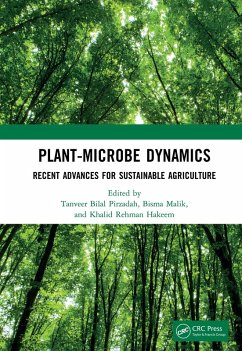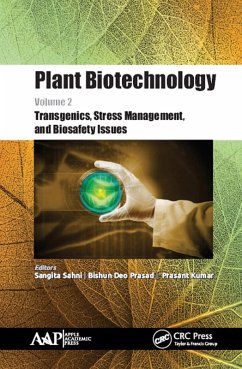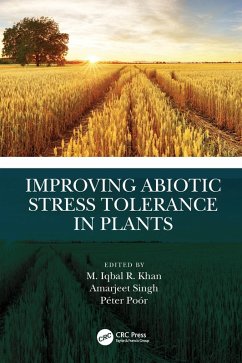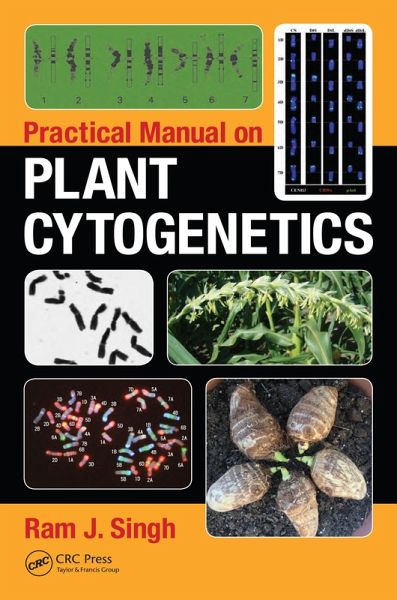
Practical Manual on Plant Cytogenetics (eBook, PDF)

PAYBACK Punkte
24 °P sammeln!
Earlier books on the handling of plant chromosomes have not included many of the innovations in cytological techniques for many important crops that have become available in recent years, including information on associating genes with chromosomes. The aim of this book is to compile all the plant cytogenetic techniques, previously published in earlier books, into a laboratory manual. The first part of the book describes standard cytological techniques that are routinely used by students. The second part covers methods used for specific crops for which common cytological methods do not work sat...
Earlier books on the handling of plant chromosomes have not included many of the innovations in cytological techniques for many important crops that have become available in recent years, including information on associating genes with chromosomes. The aim of this book is to compile all the plant cytogenetic techniques, previously published in earlier books, into a laboratory manual. The first part of the book describes standard cytological techniques that are routinely used by students. The second part covers methods used for specific crops for which common cytological methods do not work satisfactorily. The third part discusses cytogenetic techniques (cytology and genetics) for physically locating genes on specific chromosomes. This novel book will be highly useful to students, teachers, and researchers as it is a convenient and comprehensive reference for all plant cytogenetic techniques and protocols.
Dieser Download kann aus rechtlichen Gründen nur mit Rechnungsadresse in A, B, BG, CY, CZ, D, DK, EW, E, FIN, F, GR, HR, H, IRL, I, LT, L, LR, M, NL, PL, P, R, S, SLO, SK ausgeliefert werden.




